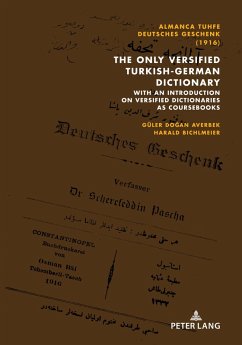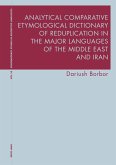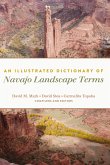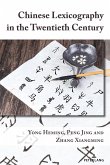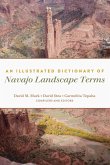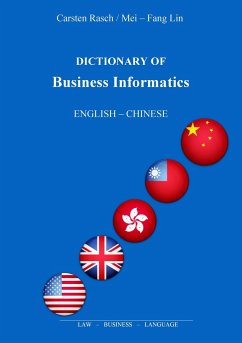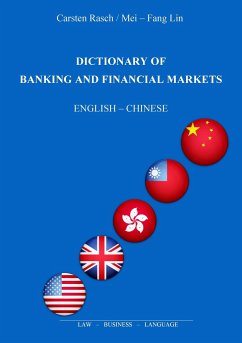Poetic books have been used for centuries in the tradition of Islamic education. Namely, it benefits from the quality rhymed and metered texts have of easily being remembered, aiming for students to easily acquire information using texts of this type, as well as for the information to permanently stay in the student's memory. The area covered by the versified dictionaries that had begun being written for children whose native language was not Arabic for the purpose of better understanding the Qur'an, the sacred book of Islam, expanded over time, and versified dictionaries were written in various languages for various reasons. The work presented in this study for the fi rst time to the scientific world through an academic perspective is Almanca Tuhfe/Deutsches Geschenk (The Gift of German), which was published in Istanbul in 1916.
Bitte wählen Sie Ihr Anliegen aus.
Rechnungen
Retourenschein anfordern
Bestellstatus
Storno

